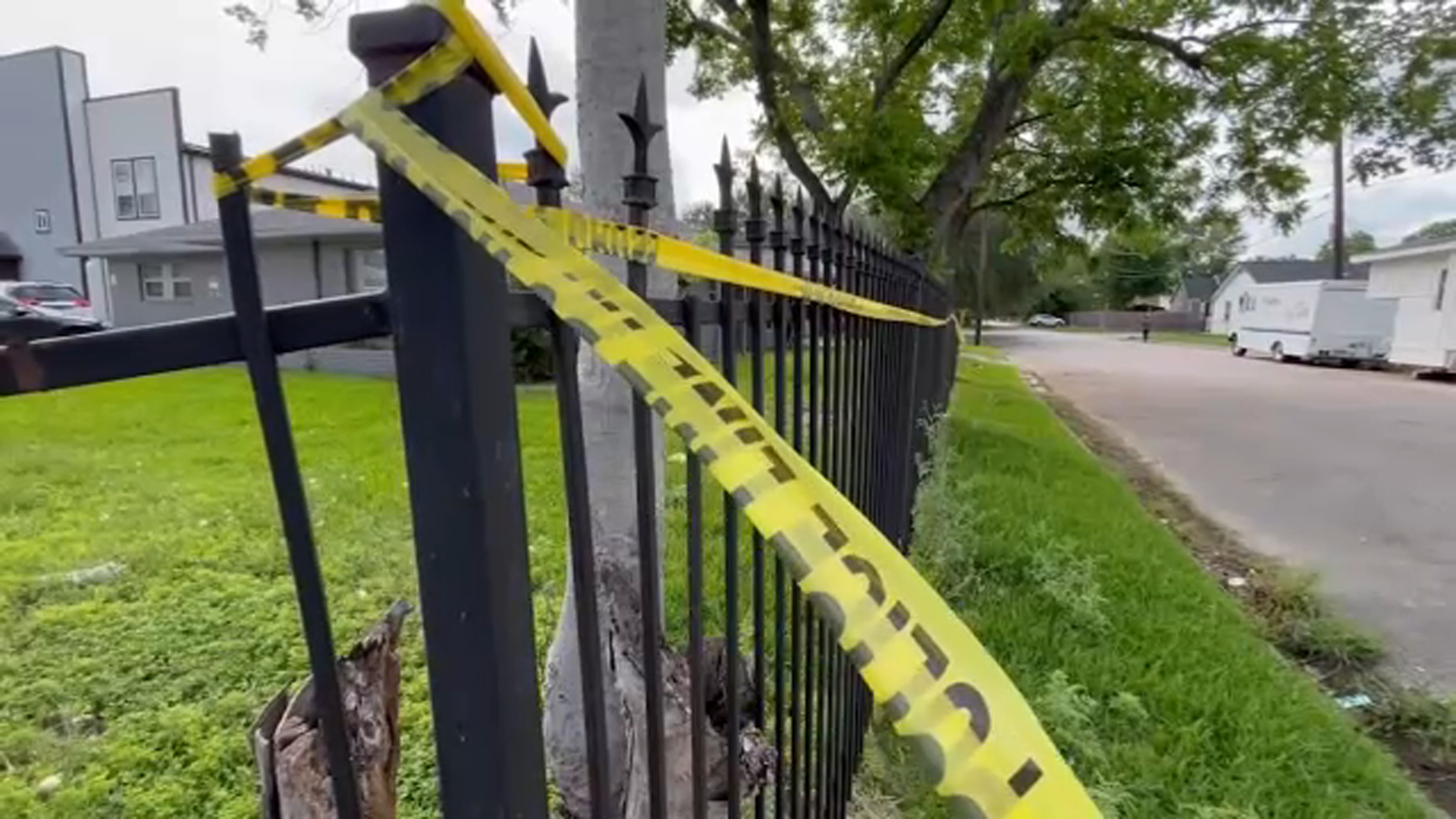Biden blames Texas officials for delayed federal response to Beryl
Texas is receiving federal aid for Hurricane Beryl later than needed because state leaders were slow to request an official disaster declaration from the White House, President Joe Biden told the Houston Chronicle Tuesday.
With Gov. Greg Abbott out of the country on an economic development trip in Asia, Lt. Gov. Dan Patrick has served as acting governor amid the storm, making him responsible for putting in the state's request for aid.
A White House spokesperson told the Chronicle that officials had tried multiple times to reach Abbott and Patrick, and Biden said he only connected with Patrick Tuesday, after which he issued the disaster declaration. Beryl came ashore on Texas' Gulf Coast early Monday morning, bringing heavy rain and winds that wreaked havoc over Houston and other parts of southeast Texas.
Patrick denied Biden's account, writing on social media that the president was "falsely accusing" him of being unreachable.
"I am disappointed that President Biden is turning Hurricane Beryl into a political issue," Patrick said, describing a "cordial call" with Biden earlier Tuesday in which the president granted his request for a major disaster declaration.
Patrick added that state officials "needed to determine what our outstanding needs were" before they could make an official request.
"We were working on that with local officials as we traveled the impacted areas," Patrick said. "As I was being briefed today, the president called."
An Abbott spokesperson added that Biden's comments were "a complete lie" and said the president and his administration "know exactly how to get in contact with the Governor and have on numerous occasions in the past."
"The State of Texas has been working closely with FEMA and other federal partners ahead of and throughout the storm to get the support Texas needs," Abbott press secretary Andrew Mahaleris said in a statement. "The State of Texas had all necessary disaster declarations in place well before today, despite what President Biden said."
As Beryl approached the Texas coast, Patrick issued a state disaster declaration authorizing the use of "all available resources of state government" needed to respond to the storm. At issue Tuesday, though, was the state's request for federal aid, which Patrick made earlier in the day. The major disaster declaration from Biden allows federal officials to help Texas pay for debris removal and emergency supplies and goods.
In a statement early Tuesday evening, Biden noted that FEMA resources had been on the ground in Texas "since well before the storm." That included 500,000 meals and 800,000 liters of water that were "ready to distribute at the state's request," FEMA officials said in a statement Monday. The agency also deployed 60 generators "to provide power to critical infrastructure, if needed."
The disaster declaration includes 121 counties, including Harris County and other parts of southeast Texas that were hit hard by Beryl, Texas Division of Emergency Management Chief Nim Kidd said at a press conference Tuesday afternoon.
A TDEM spokesperson said the state had been able to fulfill all requests from local officials, and FEMA officials had been in briefings with Kidd and Patrick "before, during, and after" Beryl and have "a permanent seat in our State Emergency Operations Center."
Biden, a Democrat, has frequently butted heads with Abbott, Patrick and other Texas GOP leaders over immigration policy and other areas. Politics have also regularly infused the response to past Texas storms, most recently when then-Land Commissioner George P. Bush, a Republican, feuded with then-Houston Mayor Sylvester Turner, a Democrat, over Hurricane Harvey aid. Bush also accused the Biden administration of using "red tape" and "complex regulations" to slow the distribution of aid.
The political sparring came as millions of Texans remained without power as temperatures climbed into the 90s in parts of the state, one day after Beryl's deadly winds and rain caused widespread damage.
James Barragán contributed to this report.
The Texas Tribune is a nonprofit, nonpartisan media organization that informs Texans - and engages with them - about public policy, politics, government and statewide issues.










